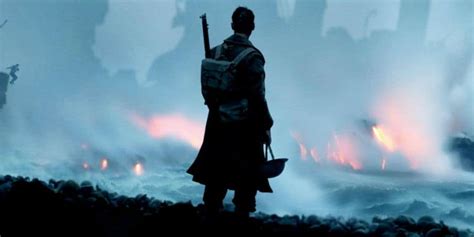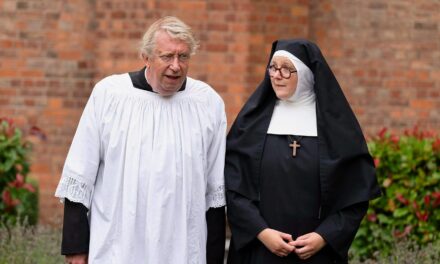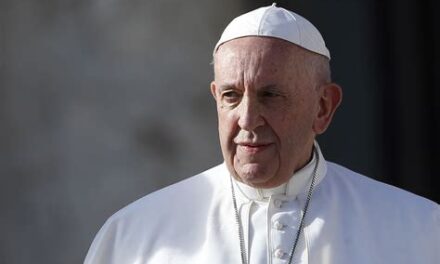The achievement of Christopher Nolan’s “Dunkirk” is his unromanticized portrayal of a lost battle where over 300,000 lives were saved by a flotilla of over 800 small boats. Nolan’s British soldier’s don’t laugh off their plight with a chorus of “jolly good,” they’re tested to the edge of their humanity by the clash between the instinct to survive with common decency.
Some are seen to fail that test and the remainder of their lives will be lived under a far darker shadow than the rest. But none of these battered soldiers have anything to say during their moments of rest from Nazi onslaught. No one attempts to cheer up the troops, after the first few minutes of the film all the soldiers begin to wear the look of hunted animals.
Nolan breaks all that molds of the British war movie. I can understand if the viewer leaves the theater feeling good but without elation. The film evokes deep respect but not the kind of elation that takes war into the realm of fantasy. Take, for example, the music of Hans Zimmerman which never reaches a tonic chord until the armada of small ships is seen on the horizon but culminates with a direct quote from Elgar’s Nimrod at the end in salute to a heroic RAF pilot, played by Tom Hardy.
Nolan’s trimmed-down approach is signaled from the start when a young soldier Tommy, played by Fionn Whitehead, barely escapes death in the town from Nazi fire and finds himself on a broad expanse of beach with thousands of soldiers, as far as he can see in both directions, standing in long lines facing the ocean, waiting. We’re going to experience Dunkirk from the viewpoint of those among the ordinary and unnamed men who experienced it. The focus of the film is on two soldiers, two pilots, a professional boatsman, played with understated brilliance by Mark Rylance.
As Commander Bolton, Kenneth Branagh is given no “St. Crispin’s Day” speech, but rather he plays a minor role serving as a pivot point for each act of the drama. Nolan’s determination to avoid the standard heroics is very noticeable in one of the final scenes when Commander Bolton chooses to stay with the French soldiers still waiting on the beach. When he informs the other departing officers of his decision, the camera pulls back with the boat away from the figure of the Commander standing at the end of the pier. Why glamorize the act of one officer when so many have died, and so many have risked their lives to save thousands? Nolan, in my opinion, made a film that will resonate with veterans themselves who, when they speak at all, speak with great humility of their war experience.
The heart of the film is the story that transpires in the boat carrying Mr. Dawson (Rylance) and his son, Peter (Tom Glynn-Carney) and his friend George (Barry Keoghan). Neither really understands the fervent patriotism of Mr. Dawson as they head out to sea under Nazi fighters and bombers, and to make matters worse they pick up a shell-shocked soldier, Cillian Murphy, who doesn’t want to be taken back to beaches of Dunkirk. The soldier’s growing agitation leads to a tragedy that tests the moral resolve of Dawson to complete his voyage. Without giving anything away, I can say that the scene in which the father nods in agreement with Peter was one of the moving and meaningful of the film. Compassion has survived utter brutality.
Winston Churchill, indeed, gets his due in the final scene when the young soldier who wondered on the beach at the beginning of the film reads Churchill’s famous House of Commons speech to a mostly uninterested fellow survivor (Harry Styles). His “fight them on the beaches” rings even truer coming from a soldier we’ve watched pass through a gauntlet of bombing, gunfire, churning water, burning oil, and murderous panic.
Viewers will not return to Nolan’s Dunkirk for heroic uplift, but for those who do return it will be to delve deeper into the moral subtleties of one group of men acting on the instinct to survive and the other, on a sense of duty to their country and comrades.














